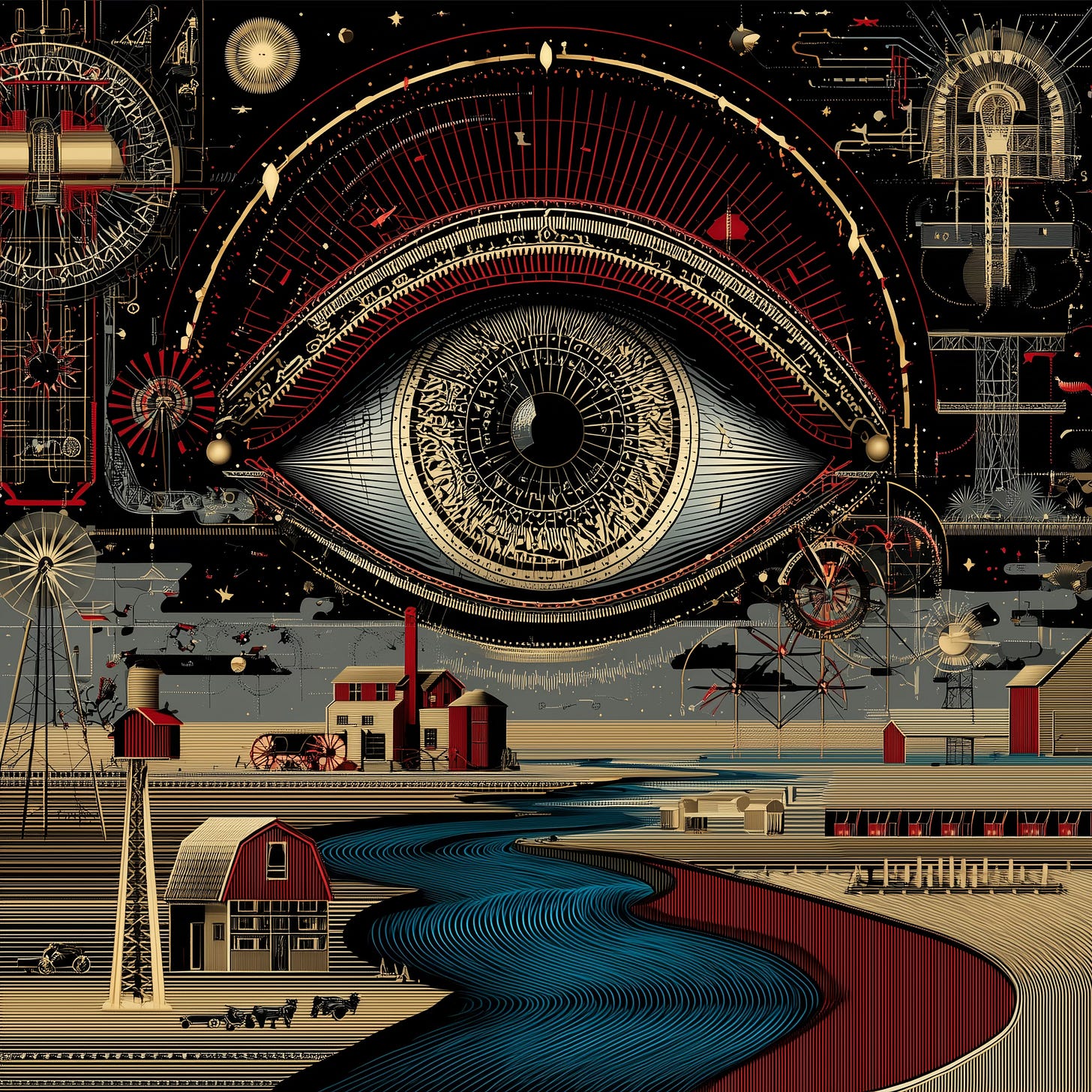Prison Prairie
Incarceration as Rural Economic Development
The billboards appear along highways throughout rural America, advertising correctional officer positions with salaries that exceed anything else available for miles. Towns that once fought sugar beet factories and meatpacking plants now compete desperately to host state and federal prisons, offering free land and tax abatements, understanding that a prison means hundreds of jobs in places where the alternatives have vanished. The facilities rise from farmland like fortified cities, their economies reshaping everything around them.
The pattern repeats from Florence, Colorado to Beeville, Texas to Crescent City, California: small communities whose survival depends on warehousing inmates from distant cities.
These towns didn’t choose this economy; it emerged from the intersection of urban crime policy, rural economic collapse, and the American preference for hiding what it fears. When farms mechanized and factories closed, when young people left and Main Streets emptied, the prison became the promise of stability.
Construction jobs first, then permanent employment for guards, administrators, maintenance workers, food service, medical staff. The ripple effects sustain gas stations, restaurants, hotels built specifically for visiting families traveling hundreds of miles to see loved ones through plexiglass.



